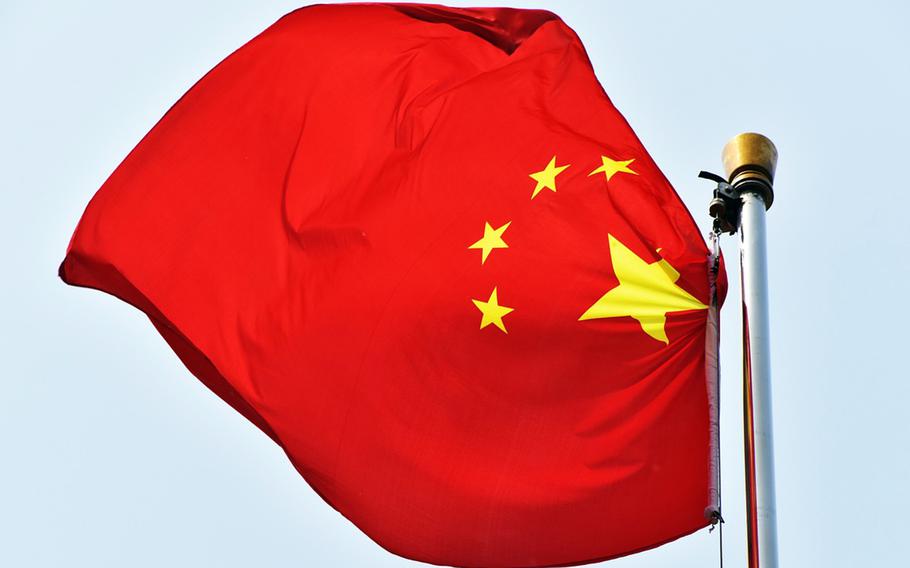
The Lowy Institute’s Asia Power Index still rates the U.S. as the region’s most powerful nation, leading China on six out of eight measures. However, America’s military advantage is eroding, according to the Sydney-based think tank. (Pixabay)
For the first time, China enjoys a slight edge over the United States should war break out in Asia, according to an Australian think tank’s annual report on regional military power.
The Lowy Institute’s Asia Power Index still rates the U.S. as the region’s most powerful nation, leading China on six out of eight measures.
However, America’s military advantage is eroding, according to the report released Tuesday by the Sydney-based think tank.
“For the first time, experts surveyed for the Asia Power Index judged that China is better able to deploy rapidly and for a sustained period in the event of an interstate conflict in Asia,” researchers wrote in the report.
The index rates 27 countries in the region on military alliances and capability, economic resources, diplomatic and cultural influence, trade, resilience and future trends.
“China has continually improved its Military Capability and has closed more than a quarter of the lead that the United States held in this measure in 2018,” the report states.
It falls short in terms of long-range power projection and lacks America’s network of regional alliances, according to the report.
China will not exceed the U.S. in terms of overall military capability for the foreseeable future, the report states, adding: “That may not be needed to achieve its strategic objectives in East Asia, including with respect to Taiwan and the South China Sea.”
Chinese President Xi Jinping has said he wants his military ready to invade Taiwan by 2027.
However, New Zealand-based security expert Paul Buchanan said Beijing has a limited advantage in regional force projection.
“The [People’s Republic of China] would have difficulty projecting and maintaining a dominant military presence in places like Indonesia, or the [southwest] Pacific Rim should the US and its allies decide to seriously contest it,” he told Stars and Stripes by email Wednesday.
“Plus, the sea lanes to and from the PRC mainland would become obvious choke points for adversaries to focus on, assorted intelligence capabilities would be deployed against them.”
Beijing would struggle to extend forces beyond Taiwan and other small island chains close to the Chinese mainland, Buchanan wrote.
“This is especially true if the US is joined by allies like those in the Quad [U.S., Australia, India, Japan] and smaller states such as the Philippines, Malaysia and Singapore and Indonesia, should any of these allies perceive the PRC power projection as inimical to their national interests,” he said.
China has built extensive bases on its territory and offshore in the South China sea, said Brad Glosserman, deputy director and visiting professor at the Center for Rule-Making Strategies at Tama University in Tokyo.
However, the U.S. has more modern, sophisticated and battle-tested forces, as well as allies, and has been deploying new assets to the region, such as Typhoon missiles, that could have a significant impact, he said by email Wednesday.